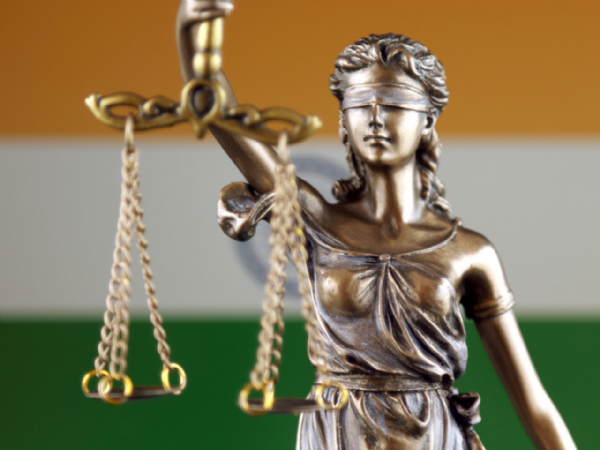5 Historic Judgments That We Should Celebrate On This International Women's Day
There have been significant verdicts that helped to uphold women’s rights in the country. Here are some
Total Views | 473
"Each time a woman stands for herself, she stands for all women"
In a country where justice is considered anyway elusive, our judiciary despite working in a limited capacity has given us a few landmark rulings to cheer. These rulings have gradually but certainly paved the way for breaking the barriers by our so-called society.

These have been considered as significant steps to uphold women’s rights in the country. However, there might be certain underlying issues which remain unaddressed. Nevertheless, these are the recent few important steps.
1. Babita Punia and Permanent Commission in Indian Army
The judgement by Supreme Court in The Secretary, Ministry of Defense v. Babita Puniya and Ors paved way in breaking gender stereotypes in Indian Armed Forces.
The court said that all women army officers are eligible to be appointed in commanding roles and are also entitled to permanent commissions. The Court further said the submissions made by the Ministry of Defense, “are based on sex stereotypes premised on assumptions about socially ascribed roles of gender which discriminate against women.
The Court held that such notions are flawed and are in clear violation of Article 14 of the Constitution of India. This judgment shall always be celebrated which paved the way for gender equality in defence services.
2. Two Finger Test violates victim’s right to privacy, dignity and integrity
While the Gujurat High Court was adjudicating an acquittal appeal in State of Gujarat v. Rameshchandra Rambhai Panchal, the court observed that the two-finger test conducted during the course of medical examination is unconstitutional. The court observed that the two-finger test (also called ‘PV’ – Per Vaginal) in which the doctor puts two fingers inside a woman’s vagina to examine whether the victim was sexually active or not is one of the most unscientific and intrusive methods of physical examination. Two-finger test has no forensic value in the context of sexual assault.
The court further held that “Whether a survivor is habituated to sexual intercourse before the assault has absolutely no bearing on whether she consented when the rape occurred. Section 155 of the Indian Evidence Act, does not allow a rape victim’s credibility to be compromised on the ground that she is “of generally immoral character. The two finger test is unconstitutional. It violates the right of the victim to privacy, physical and mental integrity and dignity. Thus, this test, even if the report is affirmative, cannot ipso facto, give rise to a presumption of consent."
3. ‘A woman alone has the right over her body’: Supreme Court ruling on abortion
In one of the most significant verdicts, the Supreme Court on September 2022 ruled that all women, irrespective of marital status, are entitled to safe and legal abortion up to 24 weeks of pregnancy, saying it was the “right of every woman to make reproductive choices without undue interference from the State”.
"It is the woman alone who has the right over her body and is the ultimate decision-maker on the question of whether she wants to undergo an abortion," the bench said.
The court held that the “artificial distinction between married and single women is not constitutionally sustainable”, and that “the benefits in law extend equally to both single and married women”.
4. Verdict on Marital Rape
On August 6, the Kerala High Court outlined the meaning of marital rape and held it as a valid ground for divorce. The judgement was given by Justices A Muhamed Mustaque and Kauser Edappagath, who observed, “Treating a wife’s body as something owing to husband and committing sexual acts against her will is nothing but marital rape.”
5. Voter IDs And Aadhar For Sex Workers
In 2021, the Supreme Court directed the Centre, States and Union Territories to issue voter, Aadhar and ration cards to sex workers and continue providing dry rations to them. “The fundamental rights are guaranteed to every citizen of the country irrespective of his/her vocation,” stated the court in the judgement. It was given by the bench comprising of Justices L Nageswar Rao, BR Gavai and BV Nagarathna. They were hearing a plea on the problems faced by the sex workers during the COVID-19 pandemic.
Bharati Web







